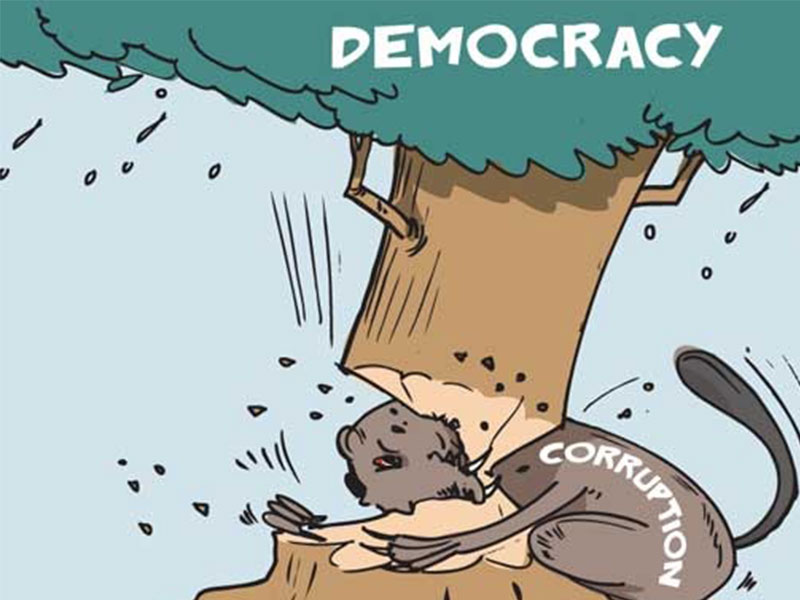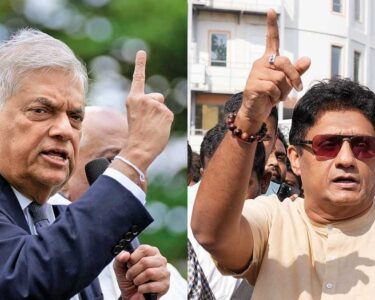Sri Lanka’s anti-corruption efforts face a roadblock as the Executive and the Constitutional Council (CC) clash over nominees for the new Commission to Investigate Allegations of Bribery or Corruption (CIABOC). This month-long stalemate has delayed the full implementation of the recently enacted Anti-Corruption Act, leaving anti-graft initiatives in limbo.
The bone of contention lies in the selection of CIABOC members. While the Executive reportedly wants to fill all three positions, the CC has only accepted one nominee: Neil Iddawela, former Deputy Secretary General of Parliament.
The remaining two slots have sparked dissent, with the CC proposing alternative names instead of endorsing the Executive’s picks. This back-and-forth has kept the appointments in limbo, leaving the much-awaited anti-corruption body toothless.
The consequences of this impasse are far-reaching. The new Anti-Corruption Act, with its potential to curb widespread graft, remains inactive. With its CIABOC lacking members, investigations and prosecutions of corruption allegations fall to the wayside.
This delay raises concerns about the seriousness of the government’s commitment to tackling corruption. Critics point to the potential for political maneuvering and vested interests influencing the nomination process. Transparency and accountability, crucial to building trust in the anti-corruption agenda, remain elusive.
Sri Lanka, ranked 101st on Transparency International’s Corruption Perception Index, desperately needs a robust and independent anti-corruption body. The CC and the Executive must swiftly resolve their differences, prioritize meritocracy, and finalize the CIABOC appointments.







